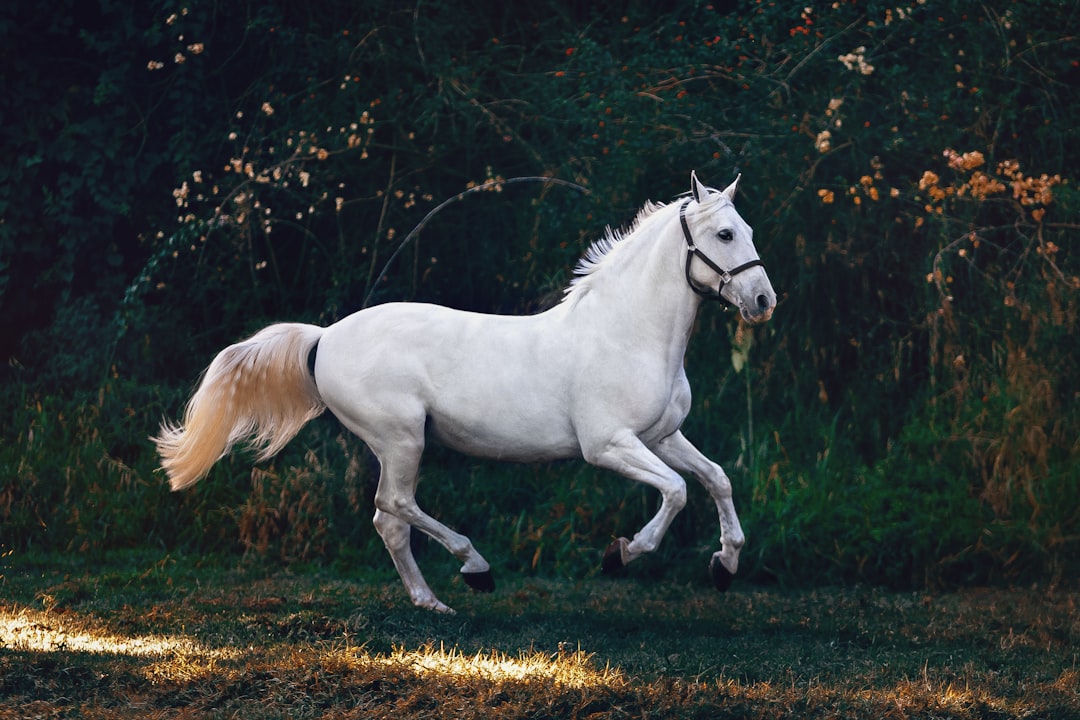062 Being certain of uncertainty
Once upon a time there was a Chinese farmer whose horse ran away.
That evening, all of his neighbors came around to commiserate. They said, “We are so sorry to hear your horse has run away. This is most unfortunate.”
The farmer said, “Maybe.”
The next day the horse came back bringing seven wild horses with it, and in the evening everybody came back and said, “Oh, isn’t that lucky. What a great turn of events. You now have eight horses!”
The farmer again said, “Maybe.”
The following day his son tried to break one of the horses, and while riding it, he was thrown and broke his leg. The neighbors then said, “Oh dear, that’s too bad,” and the farmer responded, “Maybe.”
The next day the conscription officers came around to conscript people into the army, and they rejected his son because he had a broken leg. Again all the neighbors came around and said, “Isn’t that great!” Again, he said, “Maybe.”
The whole process of nature is an integrated process of immense complexity, and it’s really impossible to tell whether anything that happens in it is good or bad — because you never know what will be the consequence of the misfortune; or, you never know what will be the consequences of good fortune.
— Alan Watts, Eastern Wisdom, Modern Life: Collected Talks 1960–1969
The Amazing Things & Ideas List
Science doesn’t prove anything:
Science doesn’t have axioms or proofs, for good reason.
We could have called Newton’s law of universal gravitation a proof—and for a long time, it certainly seemed like one—but then what happens when Einstein comes around and shows that Newton was actually “zoomed in,” like someone calling the Earth flat, and when you zoom way out, you discover that the real law is general relativity and Newton’s law actually stops working under extreme conditions, while general relativity works no matter what. So then, you’d call general relativity a proof instead. Except then what happens when quantum mechanics comes around and shows that general relativity fails to apply on a tiny scale and that a new set of laws is needed to account for those cases.
There are no axioms or proofs in science because nothing is for sure and everything we feel sure about might be disproven. Richard Feynman has said, “Scientific knowledge is a body of statements of varying degrees of certainty—some most unsure, some nearly sure, none absolutely certain.” Instead of proofs, science has theories. Theories are based on hard evidence and treated as truths, but at all times they’re susceptible to being adjusted or disproven as new data emerges.
— Tim Urban (The Cook and the Chef: Musk’s Secret Sauce — Wait But Why)
A childlike sage:
“The genius of men like Newton and Einstein lies in that: they ask transparent, innocent questions which turn out to have catastrophic answers. The poet William Cowper called Newton a ‘childlike sage’ for that quality, and the description perfectly hits the air of surprise at the world that Einstein carried in his face.”
— Jacob Bronowski, The Ascent of Man
We need to make treating children as people a societal norm:
One question for you to answer this week (inspired by Matt Haig):
What are your reasons to stay alive?
A post from my blog this week
A post about all that’s been going on. And all that hasn’t.
In it: changing houses, getting paid, school being school, and other “small big things”.
Lot of me in it. You don’t want to miss out.
That’s it for this week! Thank you for reading.
Just know that by subscribing to my newsletter and telling more people about it, you help me out.
And if you want to be friends, you can reply to this email or DM me on Twitter.
Onward,
Arjun


